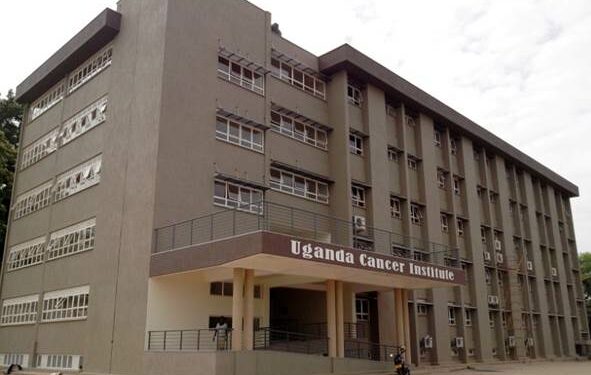Debating the Ethical and Financial Conundrum: Uganda Cancer Institute’s Private Wing
A Contentious Debate Unfolds
While meeting Members of Parliament on the public accounts committee on Tuesday, Dr Jackson Orem, the Executive Director of the Uganda Cancer Institute, found himself at the center of a heated discussion over the Institute’s operation of a private wing. The debate delved into the ethical considerations of charging patients for services, the financial implications of running a private wing, and the overall impact on the quality of care provided to all patients.
Ethical Considerations and Financial Implications
The debate surrounding the Uganda Cancer Institute’s private wing raises important questions about healthcare access and affordability. On one hand, charging patients for services helps generate revenue that can be reinvested into improving facilities, purchasing new equipment, and funding research initiatives. This can ultimately benefit all patients by enhancing the quality of care and expanding treatment options.
However, the decision to operate a private wing also raises ethical concerns about equity and fairness in healthcare delivery. Critics argue that privileging patients who can afford to pay for premium services undermines the principle of universal healthcare and widens disparities in access to treatment. This can have profound implications for vulnerable populations who may already face challenges in accessing adequate healthcare.
The Ripple Effect
While the debate at the Uganda Cancer Institute may seem localized, its implications extend far beyond the institution itself. The ethical and financial considerations surrounding the operation of private healthcare facilities are relevant in a global context, where healthcare systems grapple with similar challenges of balancing financial sustainability with equitable access to care.
As healthcare providers and policymakers navigate these complex issues, it is crucial to consider the broader implications for patients, communities, and society as a whole. By engaging in thoughtful dialogue and weighing the ethical and financial trade-offs, we can work towards creating healthcare systems that are both sustainable and equitable for all.
How Will This Affect Me?
As a healthcare consumer, the debate over the Uganda Cancer Institute’s private wing underscores the importance of advocating for transparency, accountability, and equity in healthcare delivery. By staying informed about the ethical and financial challenges facing healthcare institutions, you can actively participate in shaping policies that prioritize the needs of all patients, regardless of their ability to pay.
How Will This Affect the World?
The debate at the Uganda Cancer Institute reflects broader global trends in healthcare delivery, where institutions grapple with the tension between financial sustainability and equitable access to care. By addressing these challenges head-on and seeking innovative solutions that prioritize patient well-being, we can drive meaningful change in healthcare systems around the world.
Conclusion
The debate over the Uganda Cancer Institute’s private wing serves as a poignant reminder of the complexities inherent in healthcare delivery. By engaging in thoughtful dialogue, considering the ethical and financial implications, and advocating for equitable access to care, we can work towards creating a more inclusive and sustainable healthcare system for all.





